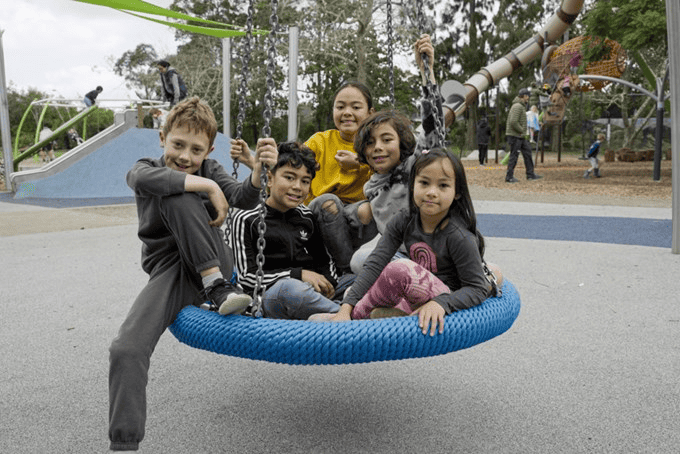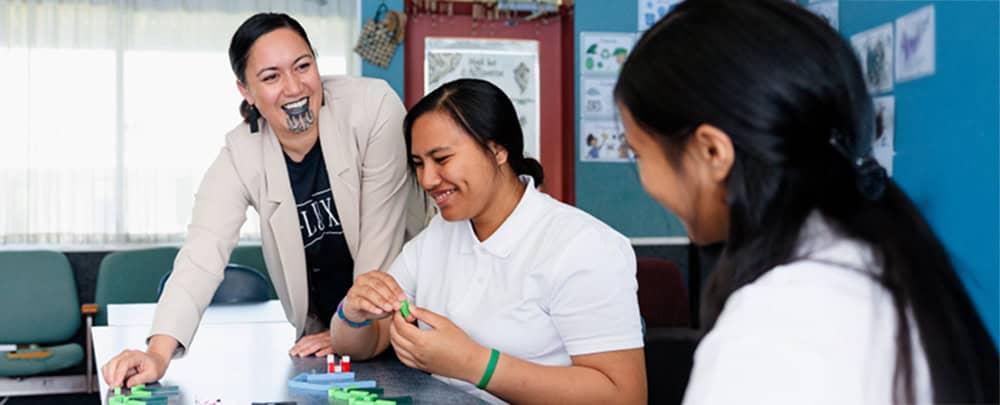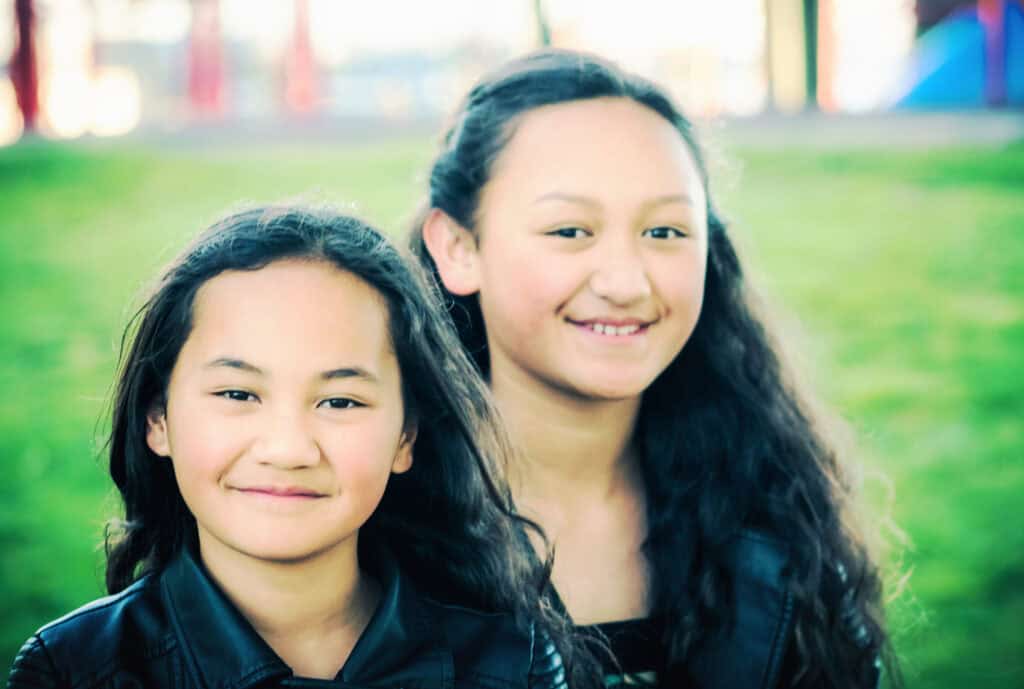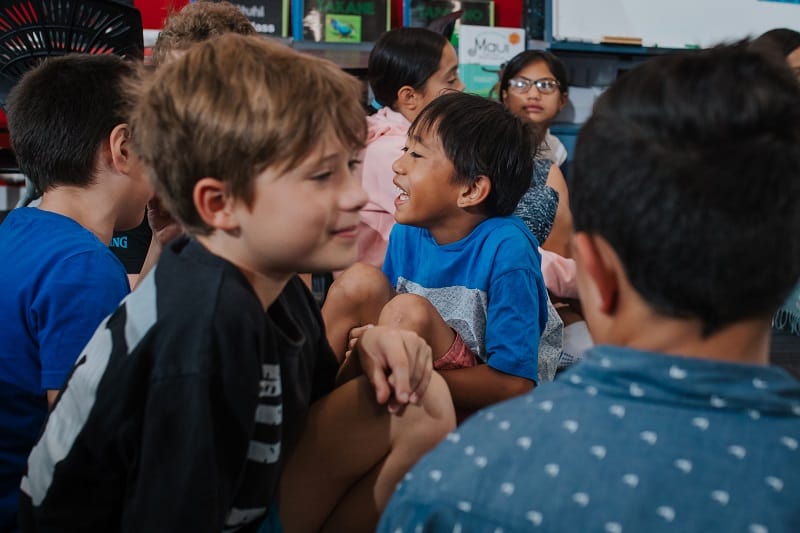theteam@theeducationhub.org.nz
Postal Address
The Education Hub
110 Carlton Gore Road,
Newmarket,
Auckland 1023
Culturally responsive pedagogies can reduce the gaps between the highest and lowest achievers while at the same time raising overall levels of achievement.

An overview of key principles underpinning culturally responsive practice.

A systematic look at some key principles for supporting Maori students to achieve success as Maori

A closer look at some key strategies for supporting Pasifika students through culturally responsive pedagogies

Coming in June 2026
In this webinar, Dr Hana Turner-Adams will explore how relationships, identity, and culture shape learning experiences, and why educators play a crucial role as agents of change within their classrooms and wider school communities.

Matua Johnny Waititi will talk about the journey to setting up Te Whānau Rūmaki o Te Puna, an immersion unit at Westlake Boys High School on Auckland’s North Shore

Dr Tania Cliffe-Tautari discusses how attitudes and beliefs that kaiako hold consciously and unconsciously can be a significant factor leading to student engagement or disengagement at and from school.

Janelle Riki-Waaka returns to help educators to positively challenge their existing beliefs and perceptions about te ao Māori, and to build deeper understanding of the best ways to work alongside Māori and enact our
responsibilities to te Tiriti o Waitangi.

Professor Russell Bishop discusses his research into how leaders and teachers can structure their practice to create quality and equitable learning for ākonga Māori and other marginalised students.

This webinar explores questions related to mātauranga Māori in education.

Insights from a webinar with Matua Johnny Waititi from Westlake Boys High School.

Key insights from a webinar with Dr Tania Cliffe-Tautari of Waipapa Taumata Rau - The University of Auckland.

Key insights from a webinar with Professor Russell Bishop.

Insights from Dr Alex Barnes' research into co-governance in one New Zealand school.

Key insights from our second webinar with Janelle Riki-Waaka.

Key insights from our webinar with Jacinta Olderhaver exploring dialogic approaches to teaching and learning.